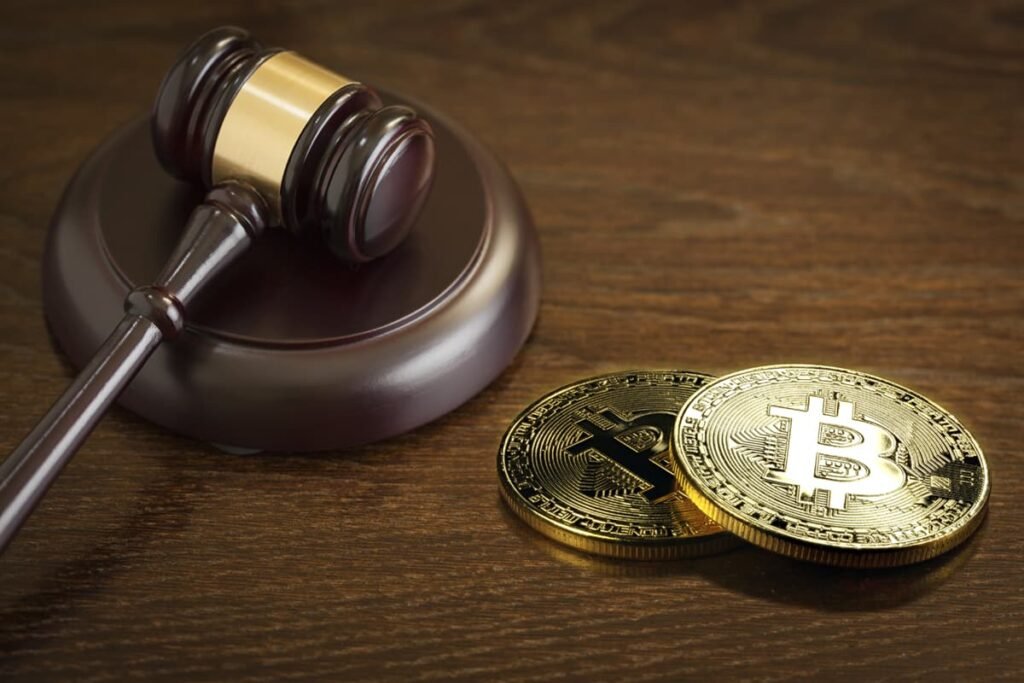In recent years, the United States has witnessed a growing interest in crypto regulation, especially under the pro-crypto administration of President Donald Trump. In a bid to strengthen oversight of digital asset firms, US Senators Thom Tillis and John Hickenlooper have reintroduced the Proving Reserves of Other Funds (PROOF) Act. This bill aims to establish new standards for transparency and fund management within the cryptocurrency sector, responding to concerns raised by the collapse of FTX, where customer funds were reportedly mishandled.
The PROOF Act seeks to address the issue of co-mingling of customer assets by digital asset custodians and exchanges by requiring monthly third-party reserve checks. These checks would ensure that firms hold sufficient reserves to back customer holdings and prevent any potential misuse of funds. Independent auditing firms would conduct these inspections and report the results to the U.S. Department of the Treasury, enhancing accountability within the industry.
Under the proposed law, all firms offering digital asset custody or exchange services would be required to undergo monthly Proof of Reserves (PoR) inspections. These checks utilize cryptographic tools like Merkle trees and zero-knowledge proofs to verify balances without compromising user data. The inspection reports would be made public through the Treasury Department, promoting transparency and accountability among crypto firms. Non-compliant companies would face civil fines that escalate with repeated violations.
The reintroduction of the PROOF Act reflects a broader effort to prevent fund mismanagement in the crypto industry following the financial failures of various companies, including FTX. By imposing strict reserve reporting requirements, lawmakers aim to enhance customer confidence in the safety and reliability of their digital assets held by crypto firms. The legislation also sets clear standards for digital asset institutions, promoting responsible behavior and regulatory oversight to protect investors.
The recent appointment of Paul Atkins as the new Chair of the Securities and Exchange Commission (SEC) has further shaped regulatory developments in the crypto space. Atkins’ confirmation by the Senate has led to the publication of guidance for crypto issuers by the SEC’s Division of Corporation Finance, focusing on disclosure related to business models, financial statements, and risks associated with digital assets classified as securities. Senator Cynthia Lummis, a proponent of Bitcoin, has expressed optimism about Atkins’ approach to digital asset regulation, highlighting the potential for positive changes under his leadership.


